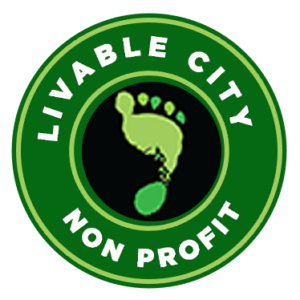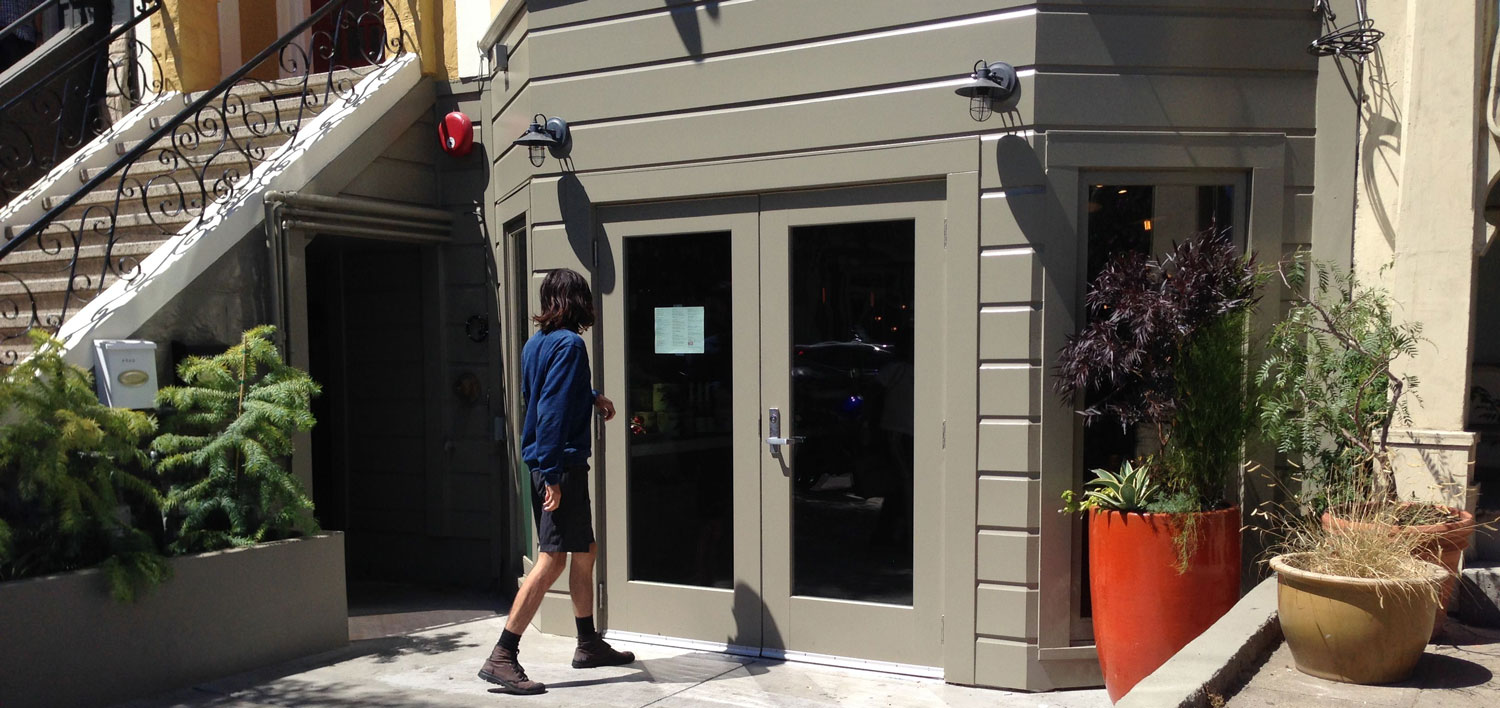On Tuesday July 19, the Board of Supervisors voted to 10-1 to legalize new accessory units in buildings citywide.
In May, two separate ordinances were introduced to legalize accessory units citywide. One was sponsored by Supervisor Peskin, and the other is by Supervisors Wiener and Farrell. The supervisors merged their ordinances into a compromise version, which won the support of 10 of the 11 Supervisors, with Supervisor Norman Yee as the sole ‘no’ vote.
This ordinance is the boldest move yet in the campaign to legalize accessory units in San Francisco. Livable City has long advocated for accessory units, and has authored and advocated for several legislative changes that protect existing units and permit new ones. Accessory units, also known as in-law units, add rent-controlled housing in existing buildings. They expand and diversify neighborhood housing options while preserving existing residential buildings. To permit accessory units, the City must allow exceptions from residential density limits and from parking and private open space requirements. New units must still meet all building and housing code requirements. This allows for more living spaces without changing the look and feel of the building or neighborhood.
The new ordinance would allow new units in existing buildings across the city. It allows one new unit in buildings of of four or fewer units, and no limit on the number of units that can be added to larger buildings. It allows accessory units some minor expansion of the building envelope into ground-floor light wells and under projecting upper stories for accessory units. Buildings undergoing earthquake safety retrofits can be lifted up to 3 feet to create habitable ground-floor spaces. To reduce speculative pressure on rental buildings, units added under this ordinance can generally not be converted to condominums in the future. However buildings that are currently condominiums can add new condominium units.
The ordinance requires one more reading at the Board of Supervisors, and then will go to the Mayor for his signature. The ordinance will go into effect 30 days after the Mayor signs it. The Planning Department announced it will start outreach and marketing this summer to encourage eligible building owners to add accessory units.
Starting in the 1950s, San Francisco’s zoning began to restrict adding new units to existing buildngs by imposing density limits and off-street parking requirements. Many property owners added units without permission, and these unauthorized units may number in the tens of thousands. Supervisor Peskin had introduced a citywide ordinance in 2004. The measure wasn’t approved then, but has been the template for smaller-scale ordinances over the past two years. In 2013 Supervisor Chiu’s ordinance allowed unauthorized one unit per lot to be legalized. Last year, the Board of Supervisors legalized new accessory units in buildings undergoing earthquake safety retrofits, which was first proposed by Livable City. Supervisors Wiener and Christensen championed legaliztion of new units in districts 3 (Chinatown, North Beach, Russian Hill, Nob Hill, and the Northeast Waterfront) and 8 (Castro, Noe Valley, Mission Dolores, Glen Park, and Diamond Heights). The earthquake safety program allowed buildings to be lifted up to three feet to create habitable rooms, and didn’t limit the number of units per building. The programs in Districts 3 and 8 didn’t allow any increase in building height, and limited the number of units that can be added to a building. As of last month, 72 applications for 130 units were filed under the earthquake safety program, and 10 applications in Districts 3 and 8.





